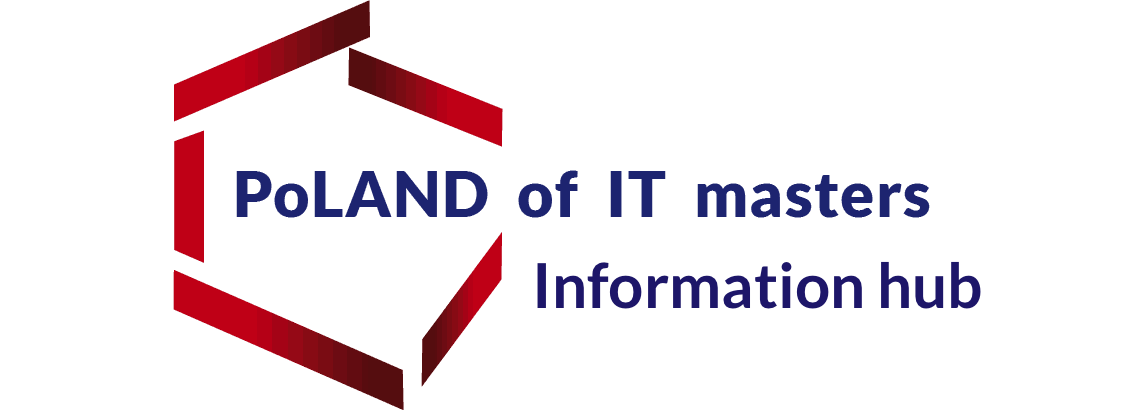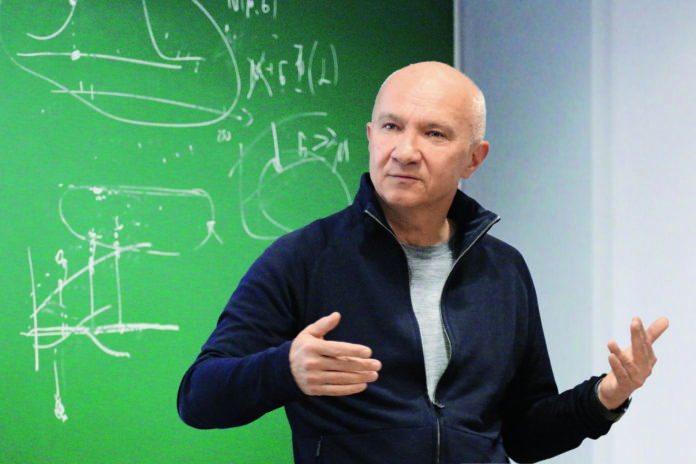The Milner Award and Lecture 2024 is awarded to prof. Artur Ekert (63) for his pioneering contributions to quantum communication and computation. They transformed the field of quantum information science from a niche academic activity into a vibrant interdisciplinary field. Prof. Ekert will be given the award at the Prize Lecture which will be organised for late 2024.
‘Exploring the links between cryptography and the fundamentals of quantum theory has been a fascinating journey. It is very rewarding to see that my work has been recognised. Quantum theory has undoubtedly opened up numerous novel avenues to better understand and use nature, including information’, commented Prof. Artur Ekert on his award.
Research
Prof. Artur Ekert is a graduate of the Jagiellonian University in Krakow and Oxford University. He is a theoretical physicist who researches quantum mechanics. He is a specialist in quantum data processing and quantum cryptology.
Ekert’s research extends over most aspects of information processing in quantum-mechanical systems. With a focus on quantum cryptography and quantum computation. Building on the idea of quantum non-locality and Bell’s inequalities he introduced entanglement-based quantum key distribution. His 1991 paper generated a spate of new research that established a vigorously active new area of physics and cryptography. It is one of the most cited papers in the field. The paper was chosen by the editors of the Physical Review Letters as one of their “milestone letters.” It means, papers that made important contributions to physics, announced significant discoveries, or started new areas of research.
His subsequent work with John Rarity and Paul Tapster resulted in the proof-of-principle experimental quantum key distribution. He introduced parametric down-conversion, phase encoding and quantum interferometry into the repertoire of cryptography. He and collaborators were the first to develop the concept of a security proof based on entanglement purification.
Ekert and colleagues have made a number of contributions to both theoretical aspects of quantum computation and proposals for its experimental realisations. These include proving that almost any quantum logic gate operating on two quantum bits is universal. He proposed one of the first realistic implementations of quantum computation. His other notable contributions include work on quantum state swapping, optimal quantum state estimation and quantum state transfer.
The Milner Award and Lecture 2024
The Royal Society Milner Award and Lecture is the premier European award for outstanding achievement in computer science. It is awarded to recognise an outstanding European computer scientist. Someone who has made a substantial contribution and who is likely to go on to further top-level achievement. The recipient is a European researcher chosen by the Council of the Royal Society on the recommendation of the Milner Award Committee. A Committee is made up of Fellows of the Royal Society, Members of the Académie des sciences (France) and Members of Leopoldina (Germany). The award is named in honour of Professor Robin Milner (1934-2010), a pioneer in computer science. A medal is of bronze, is awarded annually and is accompanied by a gift of £5,000.
The Royal Society Milner Award and Lecture is supported by Microsoft Research. It is in order to help sustain a thriving research community in Europe.
Read more about
- Elproma, that provides best time servers ever.
- Secret Chats Protocol, that allows you to create safe storage spaces in databases without disclosing the number of security dimensions and cryptographic keys for other dimensions.
- Prof. Janusz Kacprzyk, the first Pole awarded by Vernadskyi gold medal.
TOP-3
- Booksy, the most popular app for booking visits to hairdressers and beauty salons.
- Vasco Translator V4, a translator device that speaks 75 languages, and translates photo captions from 108 languages in no more than 0.5 seconds.
- CFD Suite, an app shortening the simulation duration of mixing chemicals from hours to minutes thanks to AI.
TOP-3 from Polish site (links lead to English version)
-
- DeepL Translator, a powerful next-generation online translation tool based on neural networks provided by DeepL.
- Eleven Labs, a company that provides the best speech synthesis. Based on that, it plans to make a range of products.
- Tomasz Czajka, a Flight Software Engineer in SpaceX. A member of the first team from Poland to win the ICPC 2003.



